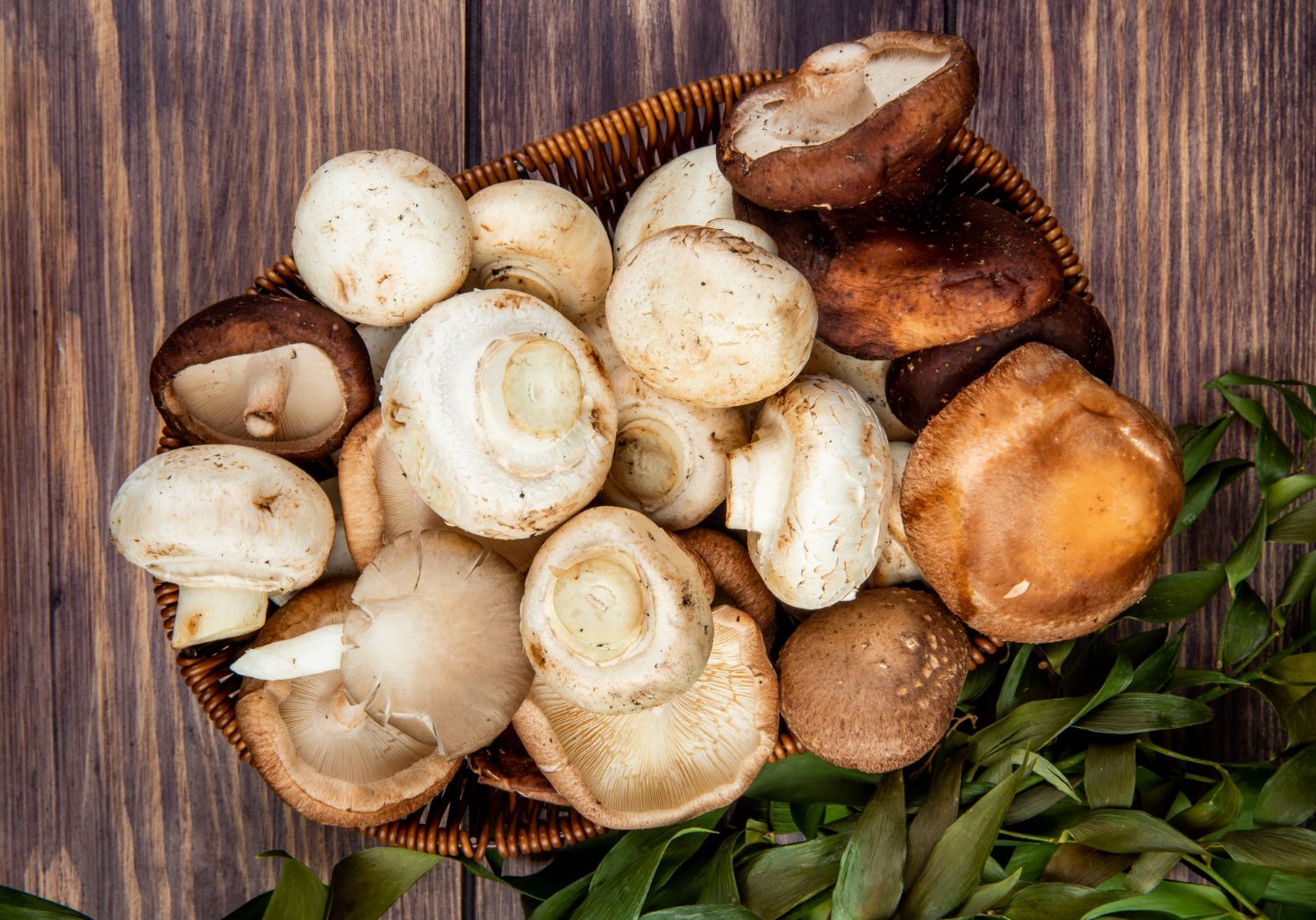In recent years, mushrooms have emerged as nutritional powerhouses, captivating the interest of health enthusiasts and culinary experts alike. Delving into the realm of mushrooms nutrition facts unveils a treasure trove of essential nutrients and health benefits. Let’s embark on a journey to uncover the wonders of mushrooms and learn how to incorporate them into our diet for optimal well-being.
Types of Mushrooms and Their Origins
From the earthy flavor of Portobello to the delicate texture of Enoki, mushrooms come in various shapes, sizes, and flavors. Originating from different parts of the world, mushrooms have been an integral part of diverse culinary traditions for centuries. Whether it’s the shiitake mushrooms from Asia or the savory crimini mushrooms native to Europe, each variety brings its unique nutritional composition and taste to the table.
Mushrooms Nutrition Facts
Mushrooms, often regarded as nature’s hidden gems, boast an impressive nutritional profile. These fungi are low in calories and fat, making them an excellent addition to any diet. Packed with essential vitamins, minerals, and antioxidants, mushrooms provide a wide array of health advantages.
Health Benefits
The health benefits of mushrooms extend far beyond their culinary appeal. Rich in essential nutrients such as vitamin D, B vitamins, potassium, and selenium, mushrooms play a crucial role in supporting overall health and well-being.
Their potent antioxidant properties help combat oxidative stress and inflammation, reducing the risk of chronic diseases like heart disease, cancer, and diabetes.
Nutritional Value and Calories
With their low calorie and high nutrient content, mushrooms are an excellent choice for weight management and maintaining a healthy lifestyle. A serving of mushrooms provides a substantial amount of vitamins and minerals while keeping calorie intake in check. For those conscious of their calorie intake, mushrooms offer a satisfying and nutritious option without compromising taste or flavor.
Benefits of Incorporating Mushrooms into Your Diet
Including mushrooms in your diet can have a multitude of benefits. From boosting immune function to improving digestion and promoting skin health, mushrooms offer a holistic approach to wellness. Their versatility makes them a versatile ingredient that can be enjoyed in various dishes, from soups and salads to stir-fries and sandwiches.
Mushrooms – How to Eat
Wondering how to incorporate mushrooms into your meals? The possibilities are endless! Saute them with garlic and herbs for a flavorful side dish, add them to omelets or pasta for a nutritious boost, or grill them and serve as a meaty alternative. Experiment with different cooking methods and recipes to discover your favorite way to enjoy mushrooms.
Here are some creative and delicious ideas for using mushrooms in the kitchen:
Stir-Fries and Sauteed Dishes
Slice or dice mushrooms and add them to stir-fries or sauté them with other vegetables for a quick and flavorful dish. Their meaty texture makes them a perfect addition to stir-fries with a variety of sauces like teriyaki or soy-ginger.
Stuffed Mushrooms
Hollow out large mushroom caps and fill them with a savory mixture of breadcrumbs, herbs, cheese, and other ingredients of your choice. Bake until golden and enjoy as a tasty appetizer or side dish.
Grilled or Roasted
Marinate whole or sliced mushrooms in olive oil, garlic, and herbs, then grill or roast them until tender and caramelized. Grilled mushrooms make a fantastic topping for burgers, pizzas, or salads.
Soups and Stews
Add sliced or diced mushrooms to soups, stews, and broths to enhance their flavor and add a hearty texture. Mushrooms pair well with a variety of ingredients, including vegetables, beans, and grains.
Pasta and Risotto
Incorporate mushrooms into pasta dishes and risottos for a rich and earthy flavor. Sautéed mushrooms can be mixed with creamy sauces or tossed with pasta and Parmesan cheese for a comforting meal.
Omelets and Frittatas
Include sautéed mushrooms in omelets, frittatas, and quiches for a nutritious and flavorful breakfast or brunch option. Combine them with spinach, onions, and cheese for a satisfying meal.
Pizza Toppings
Slice mushrooms thinly and use them as a topping for homemade or store-bought pizzas. They add a meaty texture and umami flavor that complements other ingredients like cheese, tomatoes, and herbs.
Sandwiches and Wraps
Layer grilled or roasted mushrooms onto sandwiches, wraps, or paninis for a vegetarian-friendly option packed with flavor and nutrients. Combine them with cheese, greens, and condiments for a delicious meal.
Mushroom Burgers
Create vegetarian or vegan burgers using mushrooms as the main ingredient. Blend finely chopped mushrooms with beans, grains, and spices, then form into patties and grill or bake until golden brown.
Pickled or Fermented
Experiment with pickling or fermenting mushrooms to preserve their flavor and extend their shelf life. Pickled mushrooms make a tangy addition to salads, antipasto platters, and sandwiches.
These are just a few ideas to inspire you to get creative with mushrooms in the kitchen. Whether you’re cooking up a hearty dinner or preparing a quick snack, mushrooms can add depth, flavor, and nutrition to your meals. Enjoy experimenting with different varieties and cooking techniques to discover your favorite ways to use mushrooms!
Mushrooms Nutrition Facts
In summary, mushrooms stand out not just for their deliciousness but also for their remarkable nutritional value. With a grasp of their health benefits and nutritional content, you can integrate them into your regular diet to enhance your overall health. Remember to grab some mushrooms on your next trip to the grocery store and indulge in a culinary journey that nourishes both body and spirit.

